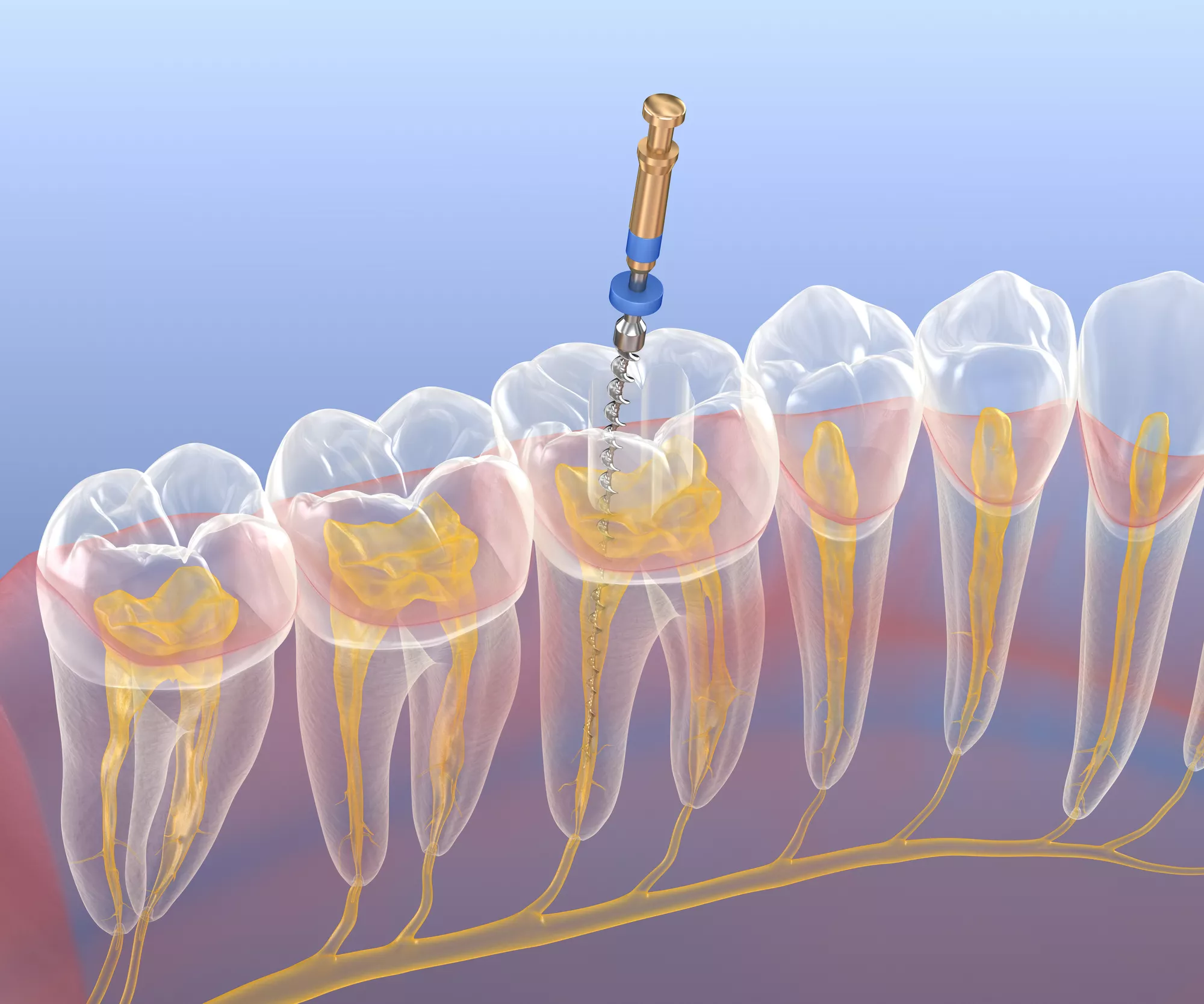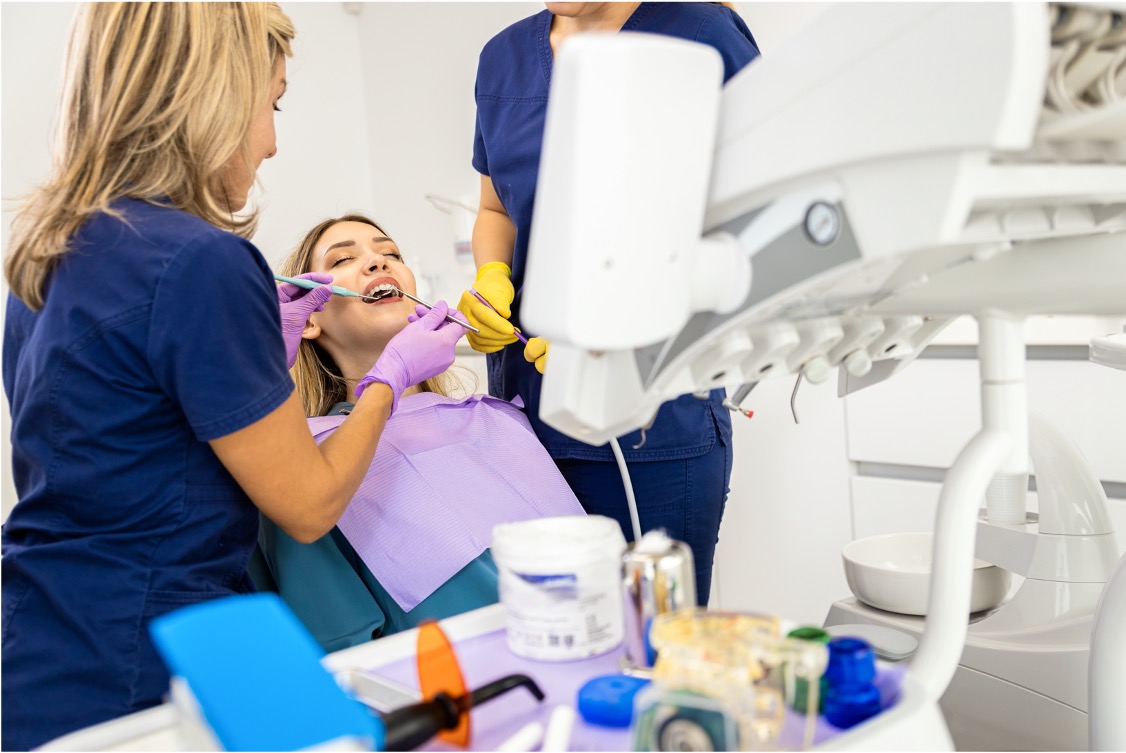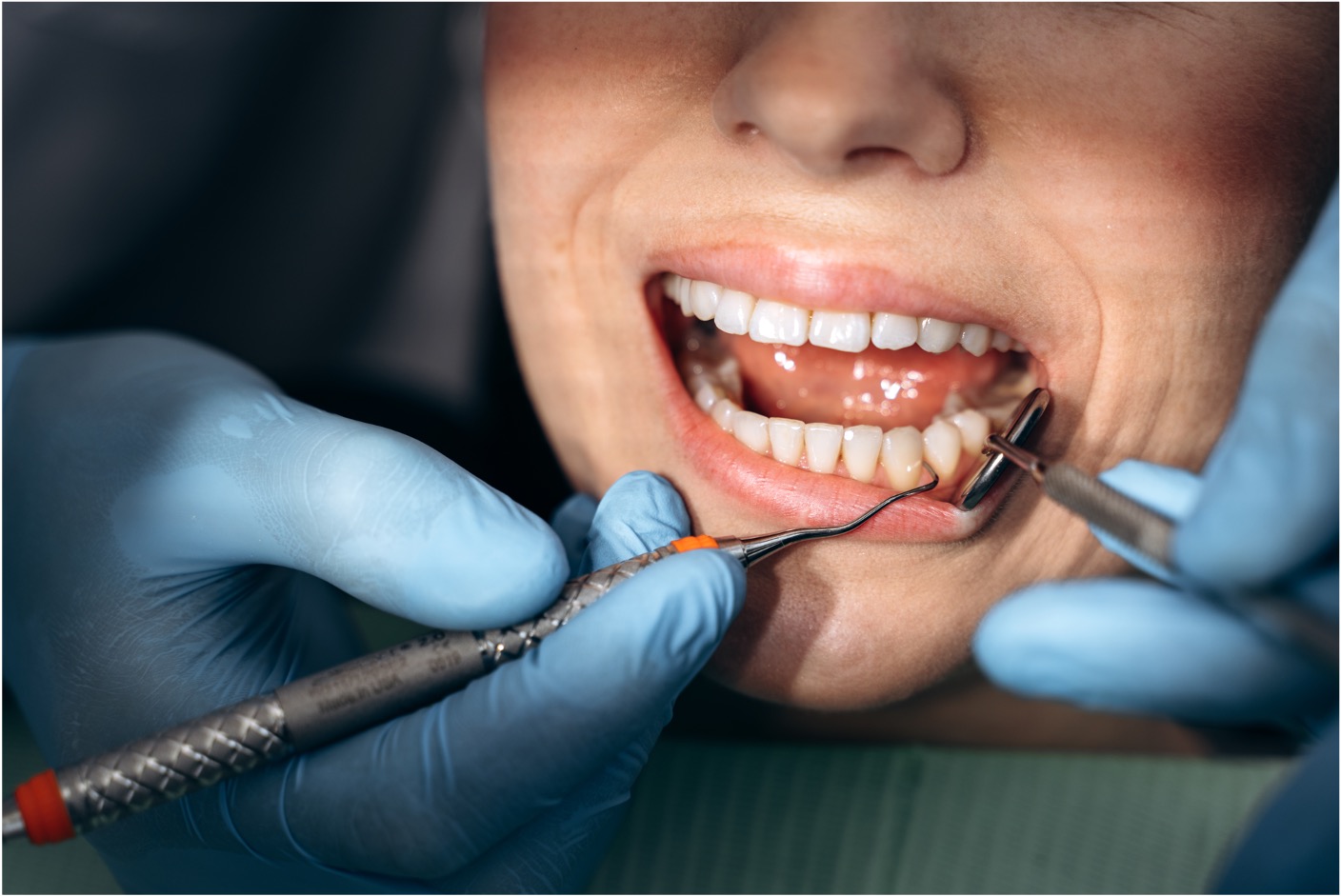Periodontal specialist explains how implant technology provides stable, long-lasting solutions compared to traditional dentures
A trusted local periodontist is highlighting how dental implants are revolutionizing tooth replacement therapy, offering patients significantly improved stability and functionality compared to conventional dentures and bridges. Dr. Ryan Park, a periodontist with Foundation Dental Specialists in Pasadena, explains that while he prioritizes saving natural teeth whenever possible, dental implants can provide patients with decades of reliable use while helping preserve bone structure when tooth preservation isn’t viable.
“So compared to dentures, specifically dentures, they’re removable and they’re supported by the gums and essentially the gums and also the bone that’s underneath the gums. But essentially you’re placing them over it without any anchorage. Whereas with implants, you have a tiny titanium post that’s integrated fully into your bone and then you attach the crown or bridge or even a denture onto the implant,” says Dr. Park.
Dr. Park explains the implant process using a familiar analogy: “It’s similar to installing a shelf on a wall. We place a small titanium post that anchors securely into the bone. Once it integrates and heals, we can attach a crown on top, just like how you would attach a shelf onto the bracket secured in the wall.
The technology’s effectiveness is particularly dramatic for lower denture patients.
“Especially for the bottom dentures, because you have the tongue in the way and you have the cheeks, they tend to always push the dentures out and it’s never fully secured and stable,” Park explains. Even with just two implants, patients experience what he describes as a “night and day difference” in stability, making eating easier and eliminating concerns about dentures slipping during conversations.
The implant design helps maintain jawbone health through regular pressure distribution.
“When you have either a tooth or an implant in the bone, every time you apply pressure onto it, it’s distributing and then forces through the tooth or the implant and into the bone. Those small amount of forces that are constantly loaded onto the bone will keep it from shrinking in size,” Dr. Park explains.
Studies indicate dental implants can last an average of 20 years with proper maintenance. “I would definitely get it monitored at least twice a year and sometimes four times a year depending on the case,” Dr. Park advises. “It depends on the patient’s overall gum health or their history of gum disease or are they medically complex, are they taking medication for their bone and things like that.”
While implants typically require a higher initial investment than alternatives like bridges, they can prove more cost-effective long-term. Unlike bridges, which affect surrounding teeth and may require full replacement if problems develop, implants focus treatment on just the affected area.
Dr. Park notes that bridges aren’t even possible for back teeth, as they require support teeth on both sides.
The technology also offers aesthetic advantages.
“If implant therapy is done properly and everything heals properly, it looks very similar to a natural tooth in the sense of you’re going to see the crown, the implant crown erupting out of the gums instead of laying on top of it,” Dr. Park notes. However, he emphasizes that results depend heavily on the dental laboratory’s expertise and materials used, with some limitations based on lighting conditions.
Maintenance requires special attention because “the gums attached onto an implant is a little bit weaker than how it does onto a tooth because you have a weaker attachment or adherence to the implant because it is an artificial surface versus a natural tooth surface, bacteria may have an easier time getting underneath this.”
Park emphasizes that early intervention is crucial: “I think with any bacterial related infections, treating it earlier is better than later, before it gets too out of control.”
“I think for me philosophically, I love to try to save teeth for as long as I can or we can,” Park concludes, “but there are some situations where no matter what we try to do, the five-year prognosis or stability is just not as very predictable. In our practice, we encounter various periodontal issues daily, and this is where our expertise truly shines.”
This stability is crucial because, as Dr. Park notes, “In terms of when anyone’s eating, it’s not just a pure linear movement of the lower jaw going up and down. You might have some circular movements, some forward and backward movements.”
Foundation Dental Specialists in Pasadena is located at 747 Locust Street, Suite 200. For more information, call (626) 796-5361 or visit https://foundationdentalspecialists.com.
View the original article here.



